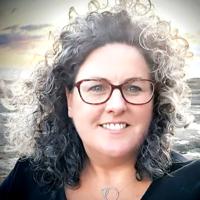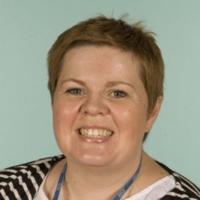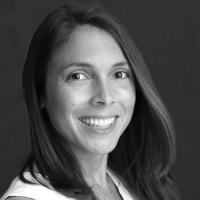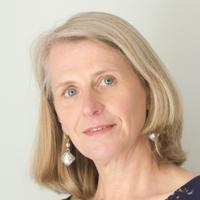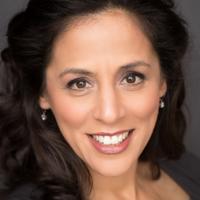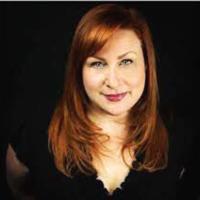Staying In Lane: Exploring The Boundary Line Between Teaching Singing And Therapeutic Practice
Thursday 2nd December 2021, 2:00 PM - 4:00 PM (London Time)
Kate Cubley
Kate Cubley (BA (Hons), MA) is an advanced level Voice Coach, Singing Teacher, singer and researcher working predominantly from her private studio in Cheshire...
Pippa Anderson
Pippa Anderson holds an Mlitt (Master of Letters) in Music, and is also a senior lecturer and vocal health consultant for the musical theatre programme at Leeds Conservatoire and Clinical Vocal Rehabilitation Specialist at Freeman Hospital.
Natalie Eastwood
Natalie Eastwood qualified as a speech and language therapist from Sheffield University and has over 18 years of experience working with voice and swallowing...
Leda Scearce
Soprano Leda Scearce has been featured in leading roles with the National Opera Company, Hawaii Opera Theatre, Long Leaf Opera Festival, Triangle Opera...
Julia Gerhard
Julia Gerhard is a speech pathologist and singer with a passion for interdisciplinary voice education and voice rehabilitation. She earned a doctorate in musical arts...
Dr Jenevora Williams
Dr Jenevora Williams is a leading exponent in the field of vocal health and singing teaching. After a successful career in Opera, Jenevora turned her attention...
Professor Yvonne Gonzales Redman
Yvonne Gonzales Redman is a Professor of Voice and Pedagogy and Chair of the Voice Area at the University of Illinois Urbana-Champaign and a member of the American Academy of Teachers of Singing. She began her musical career as a Vocal Performance major at Stephen F. Austin State University in Nacogdoches, Texas. Upon graduation, the Houston native was a winner of both the Metropolitan Opera National Council Auditions and the Houston Grand Opera Eleanor McCollum Award.
Melanie Tapson
Melanie Tapson is a professional singer, Singing Voice Specialist, and speech-language pathologist whose practice specializes in voice assessment and therapy...
Sorry, this is an archived short course...
We have plenty of upcoming short courses coming soon. See details of some of them below or look at the full list of short courses.


Tuesday 3rd March 2026
5:00 PM - 7:00 PM
(London Time)
Sex differences in VOICE!

Dr Richard Lissemore
This two-hour workshop, led by performer, articulatory phoneticist, and voice physiologist, Dr. Richard Lissemore, will examine in detail the role that biological sex plays in the perception and pedagogy of singing voices. We'll consider how parameters such as anatomy, physiology, articulation, resonance, and radiated acoustics influence the perceptions and pedagogical decision-making of singing teachers.

Wednesday 4th March 2026
1:00 PM - 2:00 PM
Wednesday 11th March 2026
1:00 PM - 2:00 PM
Wednesday 18th March 2026
1:00 PM - 2:00 PM
Wednesday 25th March 2026
1:00 PM - 2:00 PM
Wednesday 1st April 2026
1:00 PM - 2:00 PM
Wednesday 8th April 2026
1:00 PM - 2:00 PM
(London Time)
Learn to Coach RP and SSBE – a Certificate in Accent Coaching

Louisa Morgan
This six-week course is an opportunity to learn about both Received Pronunciation and Standard Southern British English. Rather than a course in learning how to speak RP/SSBE (there are many brilliant available courses for this already), this course is about learning how to coach it.

Thursday 5th March 2026
1:00 PM - 2:30 PM
Thursday 12th March 2026
1:00 PM - 2:30 PM
(London Time)
Acting Emotion: Perspectives from the Masters

Louisa Morgan
Stanislavski said, “our artistic emotions are, at first, as shy as wild animals and they hide in the depths of our souls.” Michael Chekhov said, our bodies should be like a “sensitive membrane, a kind of receiver and conveyor of the subtlest images, feelings, emotions and will impulses.” And Meisner said we should be “living truthfully under imaginary circumstances.” Join Louisa Morgan in this 2-part course as she explores a range of well-known acting practitioners to investigate what they believed (or believe) about emotion and how they approached it in their work. She'll compare their work to see where they align and where they diverge.

